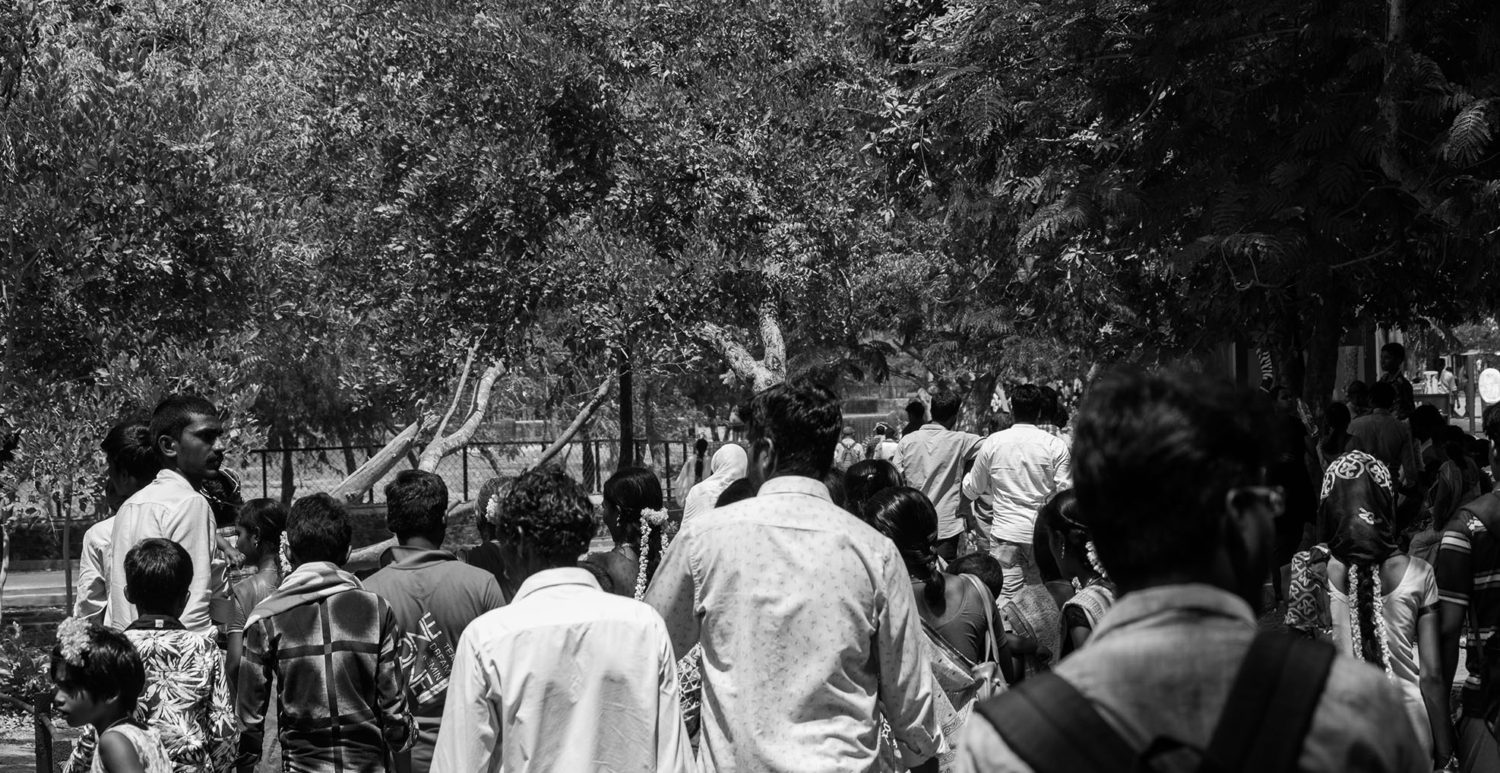Secularism’s last stand
We cannot turn a blind eye to rising intolerance in India, writes Chaitanya Kumar.
When Narendra Modi took the highest office in India for the first time in 2014, his electoral majority was widely considered an outlier: a freak result that was never meant to be replicated. Yet the choice of the 600 million Indians who voted in the 2019 general elections has put every psephologist and poll pundit to shame: Modi and his Bharatiya Janata Party (BJP) have come back to power with an even bigger majority than before. His victory speech, made to the thronging thousands that chanted his name in delirium, marked the beginning of a new India. It is an India that embodies a sense of foreboding rather than hope for a divided nation.
Any post-election analysis, according to India’s foremost public intellectual Pratap Bhanu Mehta, should consist of just two words – Narendra Modi. Thirty two per cent of respondents to one poll said they would not have voted for the BJP if Modi wasn’t its prime ministerial candidate. During his first five-year term, Modi never gave a single press conference and every media interview was carefully scripted. His image as a strong, incorruptible and charismatic leader was assiduously crafted through a tight control of the media and the message.
The BJP has outdone all its opponents in getting its message over aggressively via social media and it has also managed to control the national conversation through its capture of mainstream media outlets, in a way that echoes the relationship of Fox news to the Trump administration.
In fact, weeks prior to the elections, a 24-hour media channel titled NaMo started beaming his speeches and his party’s activities in what can only be dubbed as blatant propaganda.
The rise of nationalism over the last decade is a global phenomenon and India is witnessing a particularly virulent form of it. What worries many is the particularly toxic brand of nationalism that Modi and his party represent, where the idea of India is seen as inextricable to Hinduism – what is largely referred in ideological terms as Hindutva – thereby leaving a large minority of Muslims, Christians and other religions facing renewed persecution.
So effective has Modi been in owning the nationalism message that it has driven his major opponents to drop, rather haplessly, any mention of the word ‘secularism’ in their campaign. A nation that built its constitution on the principles of secularism has, after 73 years of independence, finally decided to vote against it. The story of India as a country united in its religious diversity was one which millions of Indians grew up with. However, its peoples are now facing the real prospect of that vision being relegated to history.
So what does this mean for UK-India relations? Modi’s brand image has even greater resonance with the Indian diaspora overseas, evidenced in his ability to draw sell-out crowds at Wembley stadium and Madison Square gardens. For MPs here, for whom the diaspora is an important constituency, wooing the Indian vote has meant a reluctance to make any critical statements about Modi and his government. Human rights organisations continue to highlight the rise in communal violence but, after Brexit, the UK might have fewer tools in its diplomatic toolbox to affect political events in an equally powerful economic superpower without risking trade relations.
The left in the UK has not really painted itself in glory with some voicing support for the Modi government. Barry Gardiner, shadow international trade secretary, came in for criticism recently for a tone-deaf tweet that welcomed Modi’s ‘message of Indian diversity’ – which is precisely what is under attack within his country.
It is vital to understand the worrying reasons that have elevated the BJP to power once more. This was an election that discarded the slogans of development and inclusive prosperity and brazenly embraced the notions of Hindu nationalism and strongman politics. The BJP’s approach, whipping up jingoistic fervour to make up for the fact that the country is facing an economic slowdown with the worst unemployment numbers in 45 years and stagnating farm prices and rural wages, offers an ominous glimpse into the likely political priorities of the Modi government for the next five years. The BJPs growing desire to annihilate any political opposition poses a real threat to a vibrant democracy.
A post-Brexit global Britain might choose to turn a blind eye to the growing levels of intolerance towards minorities and the marginalised in India for the sake of a trade deal. This would be a mistake. It should not shy away from calls to defend human rights even if it is at the expense of short-term diplomatic pain.

